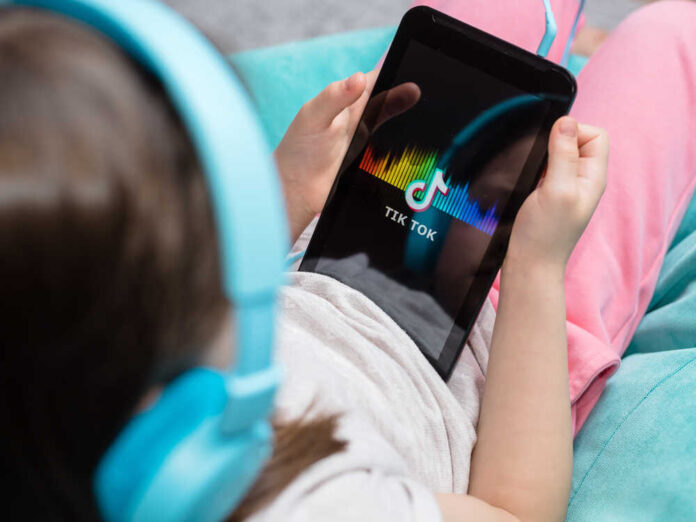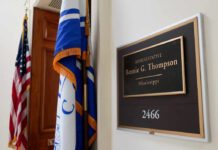
There has been significant debate — and even some bipartisan agreement — on Capitol Hill in recent weeks regarding the possibility of implementing a nationwide ban on the Chinese-owned social media app TikTok.
While much of that discussion hinges on national security concerns related to the release of user data to China’s communist government, there are other concerns about how this and other Big Tech platforms operate.
In a trio of lawsuits recently filed by officials in Arkansas, TikTok, its parent company, and Meta, which owns Facebook and Instagram, are accused of using deceptive practices in order to create an addictive product, particularly for children.
Republican Attorney General Tim Griffin outlined the case against TikTok and ByteDance, noting that the app is listed as “appropriate for teenage users while offering an abundance of posts that contain mature themes, nudity and drugs, all of which is readily available to minors.”
As for the case against Meta, he argued that the company relies on “algorithms that are addictive to adolescents and are rewiring how our children think, feel, and behave.”
Furthermore, Griffin said that the massive corporation has been so successful in large part because of its willingness to obfuscate the true impact of its business model.
GOP Gov. Sarah Huckabee Sanders also signed off on the lawsuits, praising the effort in a statement on Tuesday.
If Biden won’t crack down on his friends in Silicon Valley, Arkansas will.
We are filing three lawsuits against TikTok and Meta to hold these big tech companies accountable.
No longer will they exploit our kids for profit and escape government oversight. pic.twitter.com/oWdrzP4WvN
— Sarah Huckabee Sanders (@SarahHuckabee) March 28, 2023
“We have to hold Big Tech companies accountable for pushing addictive platforms on our kids and exposing them to a world of inappropriate, damaging content,” she said.
Concerns about the addictive qualities of social media algorithms was also addressed during the recent congressional testimony of TikTok CEO Shou Zi Chew.
“TikTok could be designed to minimize the harm to kids, but a decision was made to aggressively addict kids in the name of profits,” said U.S. Rep. Kathy Castor (D-FL).
While Chew did not deny the allegation, he admitted that the issue is “complex” and one that is shared by other social media platforms.
Clinical psychologist Dr. Edan Alcalay compared the effects of social media use to “the way drugs influence the brain,” asserting that children under 12 should not be on such sites.
“There’s so much out there at the click of a button that they cannot manage no matter what kind of filters you put on the content or screen time management apps you use, they’re going to find a way around it,” he concluded.




























